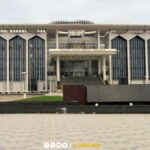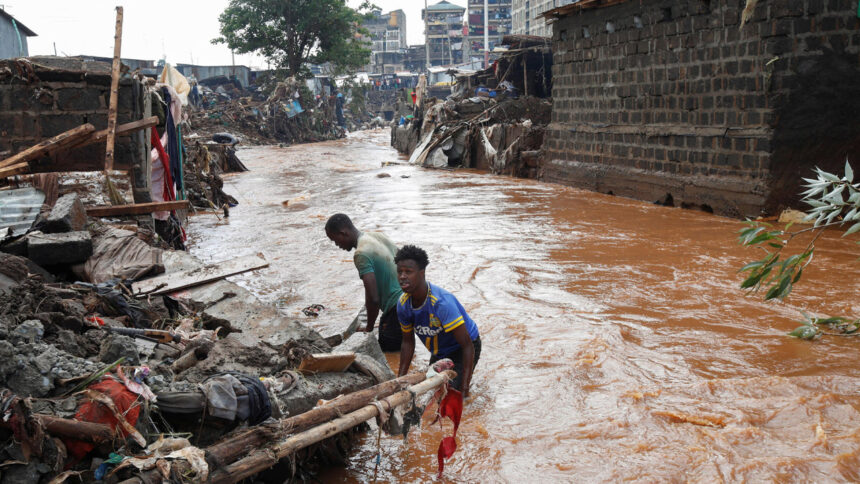Devastating floods are currently ravaging several regions of East Africa, placing Burundi in a critical situation. The country issues an urgent appeal for international assistance to cope with the disastrous consequences of heavy rains.
Over the past weekend, the Burundian government initiated the voluntary relocation of approximately 2000 families displaced by the floods to shelters located on higher ground. This initiative aims to provide a secure refuge for these vulnerable populations, who have fallen victim to the devastating weather conditions.
For many of these families, the government’s action is perceived as a glimmer of hope in a desperate situation. Ndaba Minani, displaced by floods for four years and disabled due to a leg injury, expresses tangible relief: “We thought the state had abandoned us. Thank God for this slight improvement, to have a place to rest.”
Supported by the United Nations High Commissioner for Refugees (UNHCR), the process of relocating affected families has begun, with buses arranged to transport them from the banks of Gutumba to Matyazo, located approximately 30 kilometers from the economic capital, Bujumbura. However, this logistical challenge is met with a shortage of materials needed to build temporary shelters, exposing the displaced to even more precarious conditions.
The consequences of the floods are manifold and affect all sectors of Burundian life. The rising waters of Lake Tanganyika have inundated several regions of the country, including the capital, severely disrupting economic activities and infrastructure. Boulevard du Japon, a major artery in Bujumbura, is now submerged, thereby paralyzing movement in the city.
Between September and April 7th, more than 203,944 people have been affected by the floods, with thousands of homes and classrooms destroyed. This humanitarian crisis occurs in a context where Burundi, one of the world’s poorest countries, already struggles to meet the basic needs of its population, 80% of whom are employed in the agricultural sector.
In the face of this critical situation, Burundian authorities sound the alarm and call for increased international solidarity to support relief and reconstruction efforts. Climate experts emphasize that these floods are a direct consequence of extreme weather conditions associated with the El Niño phenomenon prevailing in the region.
As Burundi strives to cope with this unprecedented crisis, the international community mobilizes to provide assistance to affected populations and contribute to the country’s reconstruction.







